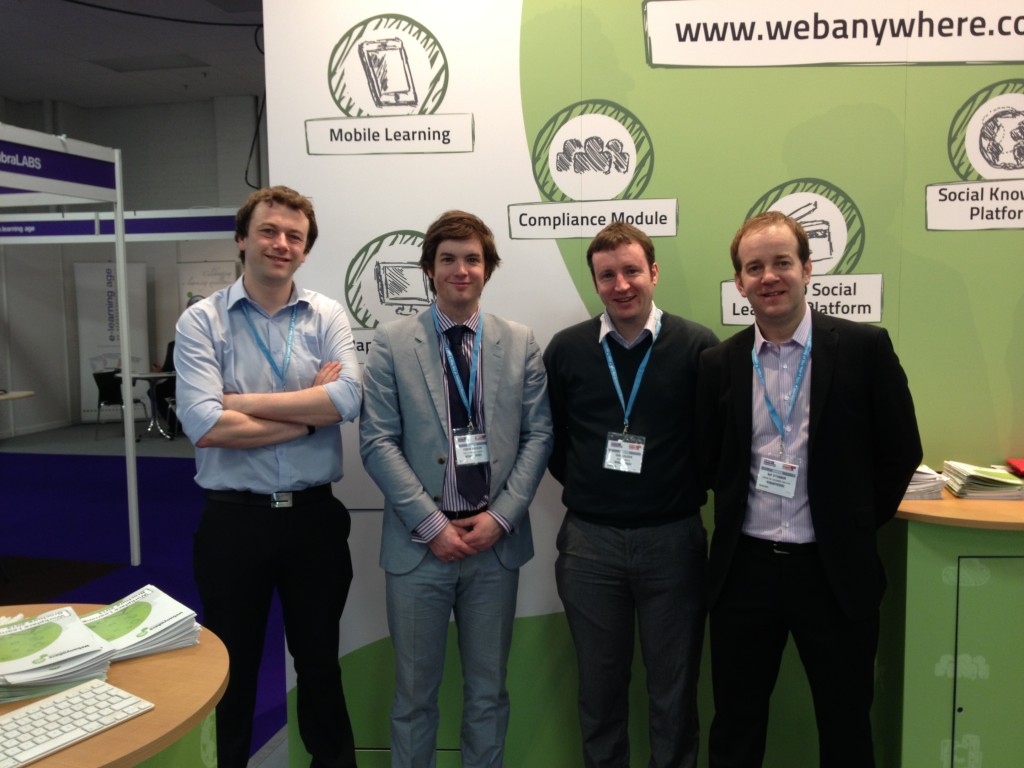This week I’ve been attending the 2015 US Moodle Moot in Minneapolis. You might remember I attended the Dublin Moot a few months back, well this is like that only bigger! The big push this time was on the ideas of “learning through feedback”, something very closely related to the ideas of Learning Analytics discussed at the Irish Moot.
The big news at this conference was about Moodle releases, and it was announced that Moodle 3.1 will be an LTS release, as is done every four releases. Of course, this means we won’t be seeing it until next May, but it’s always important to be prepared! An LTS allows us to develop for and from a more stable code-base, so we can provide more world-class service for our customers.
Moodle HQ are also launching and relaunching some other products, including the latest version of the Moodle Mobile app for all modern smartphones, the MoodleCloud free trial platform and the Moodle Association. This last one is the most exciting because it turns the development of Moodle into a more democratic operation. Companies or individuals pay a fee to become a part of the Association (ranging from $100 to $10,000), and are then invited to submit ideas and requests for development. All association members then vote for the proposition they like best, and the fees are put towards development for it. I think this is a really interesting model for funding (a similar thing has already been tried with communities in Detroit, to great success), and I look forward to seeing what the Association can produce.
MoodleCloud is an interesting proposition to us as suppliers, and we think it’ll really help to sell people on the benefits of the open-source LMS. Instances can have up to 50 users and have 200MB of storage space, so it’s perfect for a teacher in class who might not want to use or have access to a full VLE offering. Additionally, they won’t need to worry about security or updates – being a cloud platform, MoodleCloud will be kept always up-to-date. These Moodles will be ad-supported in order to cover hosting costs, but otherwise are full-featured. While students will see standard Google Ads, teachers will be offered services, to help promote the work we do.
As well as offering MoodleCloud, Moodle have identified four key priorities for the development of the LMS:
- Usability
- Competency-based education
- Templates
- Moodle Mobile 2.0
I think these are great things to aspire to, and we’re fully behind them in their endeavours, especially number four – with social learning on the grow, a focus on making the app better really is a no-brainer.
During the conference we presented with Apollo Education Group on the topic of bleeding-edge learning and UX design. After a brief introduction by myself, Josh Painter, Vice President of Apollo Professional Services, took over and delivered a great talk on how Moodle’s learning experience can be enhanced by some awesome plugins they have developed. Apollo’s new theme and user interface is used to deliver their Innovator’s Accelerator, which features some of the most prestigious innovation experts and authorities from around the world, such as Clayton Christensen, a professor at Harvard Business School.





